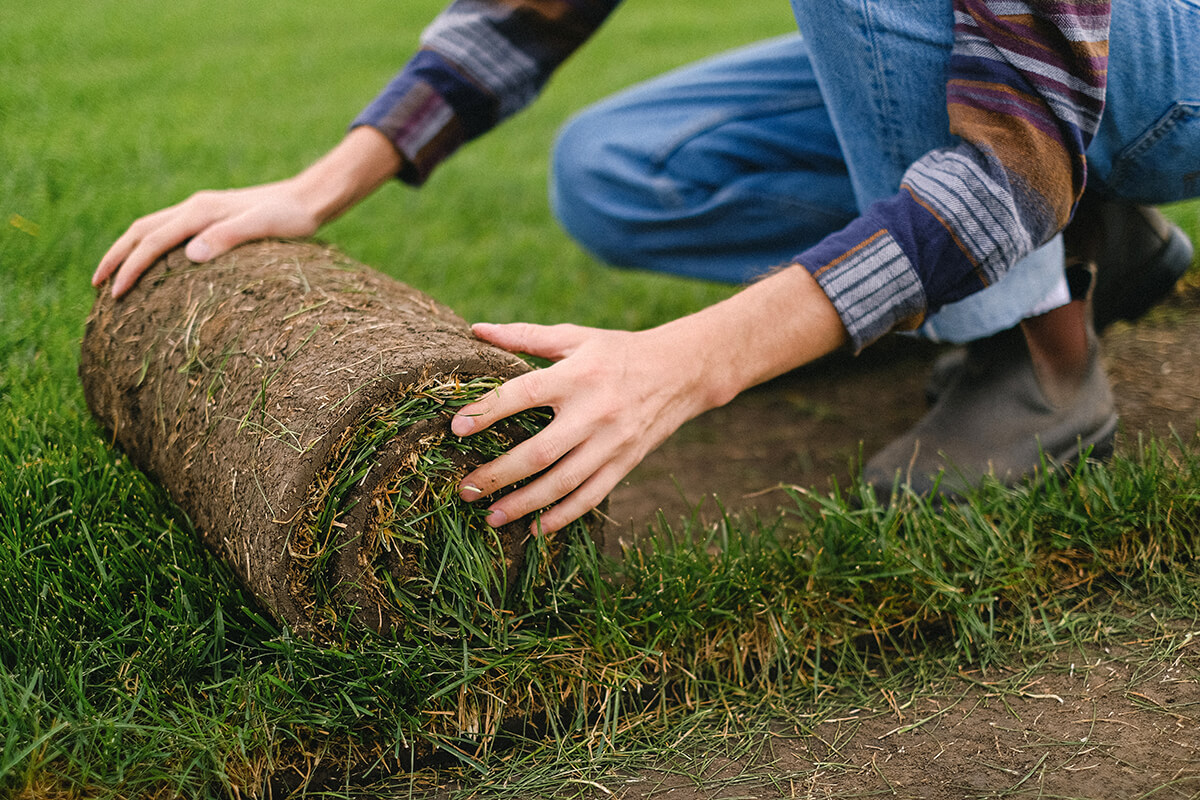Common Lawn Pests and Solutions
March 25, 2024
Category, Lawn Care
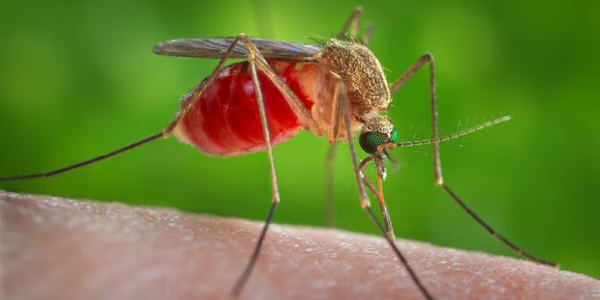
Most pests don’t intend to be destructive or ruin your beautiful fescue lawn, but they cause damage nonetheless. Insects and rodents in the wild need shelter and food, and you may be inadvertently providing them with both. Learn more about the most common lawn pests that threaten your Midwest lawn and discover some simple lawn pest solutions.
View our fescue sod service area to keep your lawn pest free.
Identifying Common Lawn Pests In The Midwest
In the Midwest, we coexist with endless varieties of animals and bugs and most of them are harmless if we notice them at all. However, some insects and rodents can cause damage, inconvenience, or both. Be on the lookout for these lawn pests in Iowa.
Common Midwest Insects



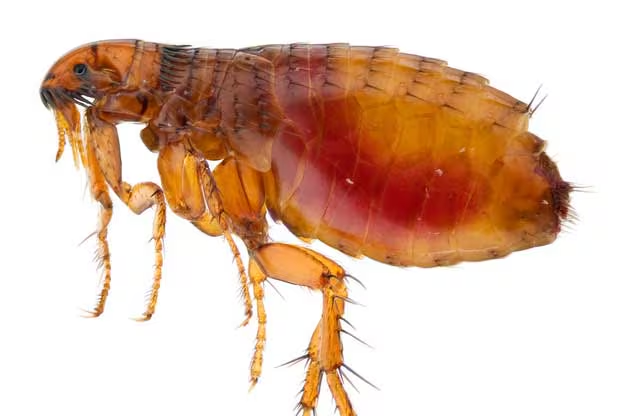
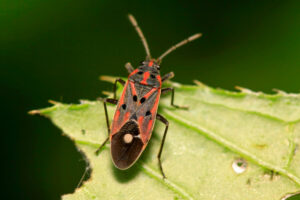
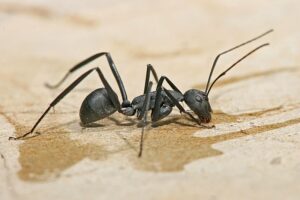
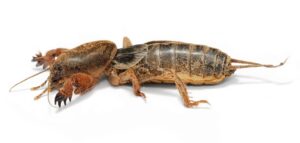
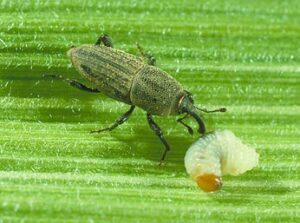
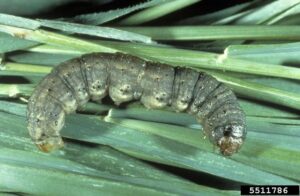



Common Midwest Lawn Rodents
Rodents can be more elusive than insects since they often live underground. This tool can help identify rodent holes when their creators are nowhere to be found.
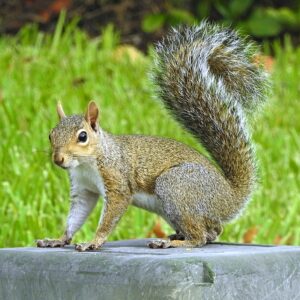
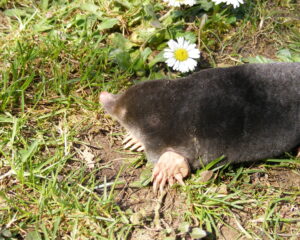
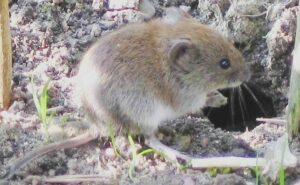
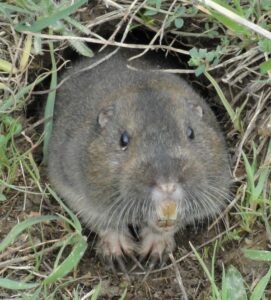

Pest Control and Prevention
The following lawn pest solutions discourage pests from taking up residence on your property:
- Use trash cans with lids and make sure they are covered at all times
- Use a compost tumbler instead of an uncovered compost pile
- Keep any pet food or livestock food in sealed containers if it must be kept outside
- Weed your lawn regularly, eliminating pest feasts like dandelions and weeds
- Maintain your garden to avoid overgrown or rotted vegetation
- Adopt a lawn care schedule to keep your fescue sod lawn well-maintained
- Use a low-maintenance grass that is appropriate for your climate, like quality fescue sod
- Overseed bare areas of your grass in Spring and Fall
- Mow grass at a tall enough height to avoid thatch buildup
- Use proper irrigation techniques to water grass slowly and deeply and avoid creating too much humidity that makes your lawn attractive to insects
Eco-Friendly Pest Solutions
Even the most well-maintained property may attract lawn pests from time to time. If it’s too late for prevention, you can remove pests with these environmentally friendly pest removal options:
- Introduce beneficial insects such as ladybugs, dragonflies, minute pirate bugs, and predatory wasps. soldier beetles, lacewings, assassin bugs, and ground beetles, to prey on invasive insects
- Trap rodents with live traps
- Live traps to trap small infestations of rodents and release them into the wild
- Natural pest repellents such as peppermint oil, neem oil, vinegar, essential oils, and diatomaceous earth can repel and destroy many invasive insects without harming people, pets, or the environment
- Use organic pesticides whenever possible when pesticides must be used
Repel Lawn Pests In The Midwest With Fescue Sod
Professional fescue sod installation gives you an instant lawn that is low-maintenance once established. Get a free quote today and repel pests while increasing your curb appeal and enjoyment of your home or business.
